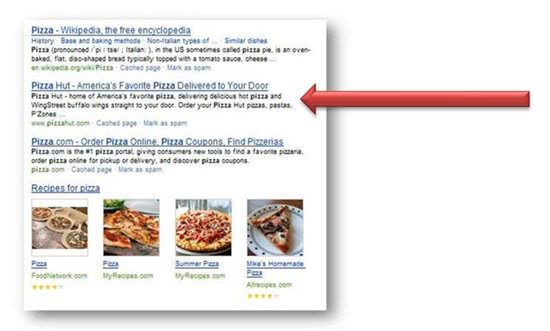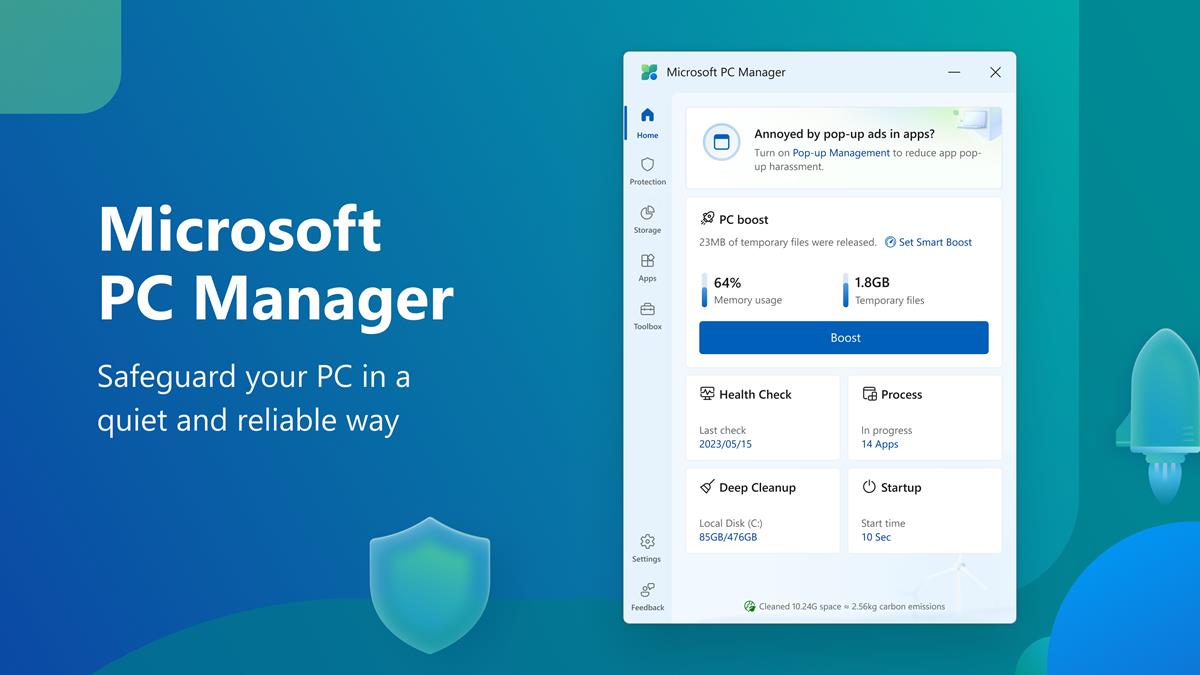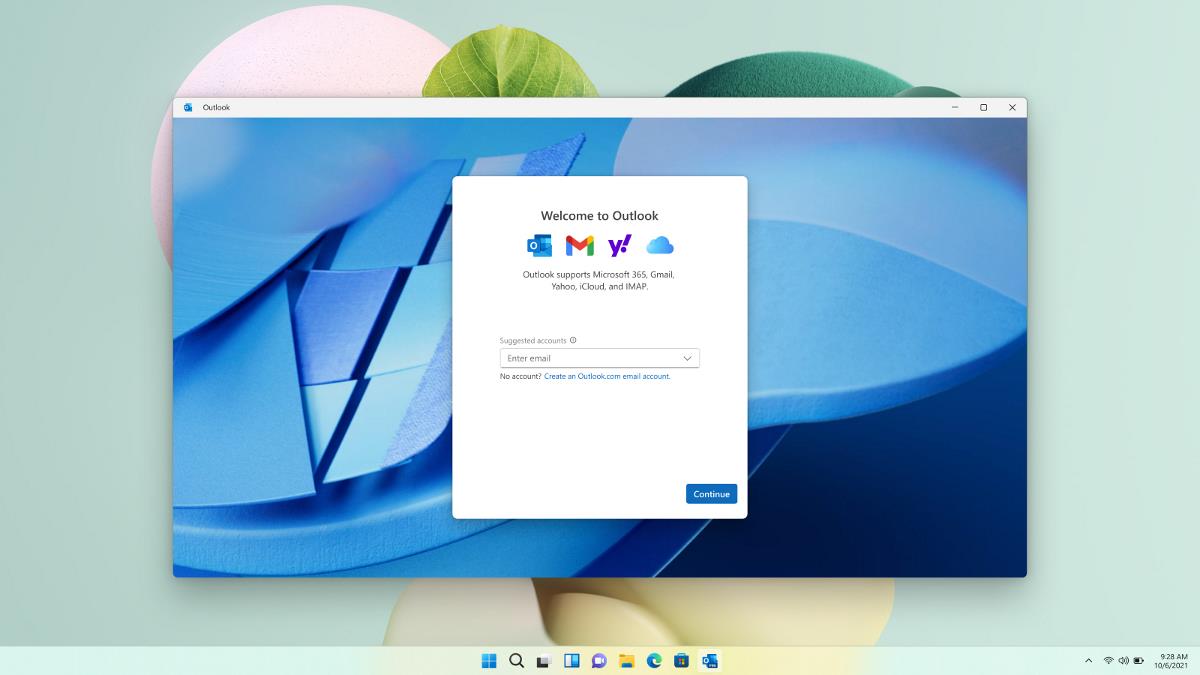Bing Improves Personalized Search

The Bing team made an announcement over at the official Bing blog that may be interesting for users who use the Bing United States search engine. Personalized search is one of the latest buzz words, especially Google seems to be pushing it. It basically means that my search engines may be totally different than yours even for the same search query. That makes sense for some queries and that's where Bing has improved their search engine.
The first improvement tailors search results based on the searchers physical location. Imagine that Joe is searching for Pizza on Bing. He may be looking for the history of Pizza, how to make Pizza or, which is probably the most likely, the nearest pizza joints. Bing, with location lookup enabled in the browser, takes the guess and personalizes the query based on the user's location.
A user from New York will see results listing the nearest pizza joints next to the physical location. It does not mean that results for other possible meanings are hidden from the search page. Bing still displays a Wikipedia article as the first result for instance.
Pizza is just one of the examples where personalized search may be helpful.
Here’s another example. We're in San Francisco for work and looking for things to do in the city over the weekend. Where before we had to specifically highlight my location, now all I have to do is type “things to do.†With today’s improvements, Bing recognizes our location and conveniently serves “Top 10 things To Do in San Francisco†as the second link.
One could say that this helps lazy searchers, those who do not add a location to their search query when the are searching for local information. That may be true in some regard, but the majority of users seem to favor simpler queries and that's where the location may improve the results for those searchers.
The second improvement takes a user's search history into account. A good example is the search for acronyms like AA. The acronym has dozens of meanings from Alcoholics Anonymous to the Architectural Association School of Architecture. It is impossible to judge the searchers intention based on the acronym alone. Bing now analyzes the search history to make an educated guess of the user's intention. If the user made architectural searches in the past Bing may display the Architectural Association School of Architecture prominently, a user researching holiday locations might be presented with a link to the American Airlines website.
Both of these features are only available for users who have their location at the top of Bing set to the United States. (via)
Advertisement




















